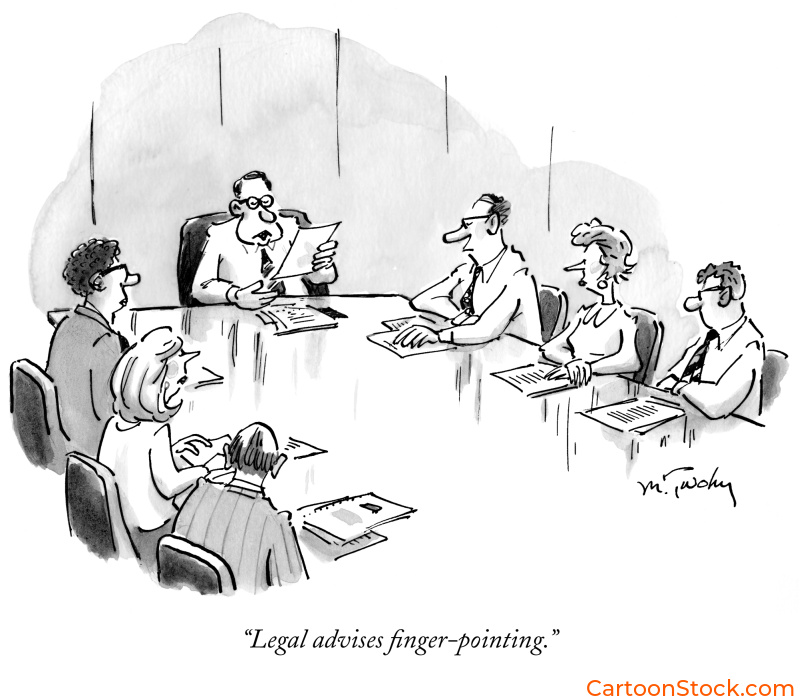Legal and Professional Services: Licensing Visual Content Appropriately
Part of our pillar guide: Industry-Specific Cartoon Licensing Guides
Introduction
Law firms, consultancy groups, and professional services providers face an interesting paradox: they trade in authority, yet increasingly need to appear relatable and human. Cartoons can help bridge that gap—but only if they’re used and licensed correctly.
In this article, we’ll explore how legal and professional services licensing for cartoons works, how to balance humor with professionalism, and how to stay compliant with advertising and client-communication standards.
How Legal and Professional Services Use Cartoons Effectively
Professionals in law, accounting, architecture, and consulting often rely on dense information. Cartoons can cut through complexity and help audiences connect with ideas faster.
Client Education and Marketing – A simple cartoon about contract confusion or corporate jargon can make your content instantly memorable. Therefore, legal and professional services licensing ensures that the image is cleared for commercial marketing and public display.
Website and Blog Content – Adding a cartoon to a blog about tax deadlines or new regulations not only lightens the tone but also improves readability. Remember, public-facing uses require commercial rights under your legal and professional services licensing agreement.
Presentations and Webinars – A clever cartoon in a presentation about compliance or risk management can make abstract topics feel accessible. In such cases, internal or educational licenses are sufficient if the presentation isn’t publicly distributed.
Internal Training and HR Materials – Professional services firms use cartoons in onboarding and ethics training to highlight everyday dilemmas in an engaging way. These uses typically fall under internal licensing rather than full commercial rights.
Choosing Cartoons That Work in Professional Contexts
The tone of humor matters in professional services. You want approachable intelligence, not mockery or irreverence.
Focus on Situational Humor – Cartoons that exaggerate office realities, client expectations, or workplace communication tend to resonate without risking offence.
Avoid Legal Satire or Sensitive Topics – Humor about judges, courtrooms, or legal outcomes may appear unprofessional. Therefore, choose cartoons that reflect day-to-day professional life rather than controversial cases or client matters.
Prioritize Relevance Over Cleverness – The goal is clarity. Select cartoons that support your communication point rather than overshadow it.
Platforms like CartoonStock.com allow searches by keyword—such as law, contracts, office life, or ethics—making it easy to find visuals suitable for professional services communication.
How Legal and Professional Services Licensing Works
Understanding legal and professional services licensing ensures your team uses cartoons responsibly and with full protection.
Match License to Use –
-
Internal Use: Staff newsletters, training materials, intranet.
-
Commercial/Marketing Use: Firm websites, newsletters, and public social media posts.
-
Editorial Use: Articles or commentary on industry trends.
Check Attribution and Exclusivity Clauses – Legal and professional services licensing may require attribution to the cartoonist. Exclusivity is optional but can be valuable for sensitive campaigns.
Maintain Compliance Records – As with any intellectual property, documentation is essential. Keep copies of your invoices, licensing agreements, and usage logs to demonstrate proper use if ever questioned.
At CartoonStock.com, legal and professional services licensing typically costs $2–$5 per image for internal uses and $10–$18 per image for commercial campaigns. Bulk packs or subscription options offer lower per-image pricing.
Maintaining Professional Integrity While Using Humor
Humor can be a double-edged sword in professional contexts. The key is control.
-
Stay Client-Centric – Humor should clarify a point relevant to your audience, not show off the firm’s wit.
-
Review Before Publishing – Always route cartoon use through marketing and compliance review to avoid reputational risks.
-
Keep Tone Consistent Across Platforms – If a cartoon appears on your website, make sure your legal and professional services licensing also covers printed brochures or social media posts.
Building a Library of Licensed Professional Cartoons
For efficiency and consistency, professional firms benefit from having a pre-approved set of licensed visuals.
-
Categorize by Topic – Compliance, ethics, teamwork, client communication, or leadership.
-
Create a Usage Log – Track where each licensed cartoon appears to avoid duplication or misuse.
Q&A: Legal and Professional Services Licensing
Q: Can we use a cartoon we found online if we credit the artist?
A: No. Crediting the artist doesn’t replace proper legal and professional services licensing. You must obtain the correct license for your intended use.
Q: Do internal training materials need commercial licenses?
A: Not usually. Internal communications are typically covered by personal or educational use licenses.
Q: Can humor ever damage professional credibility?
A: Only if it’s tone-deaf or irrelevant. When carefully chosen and properly licensed, humor enhances client engagement rather than undermining it.
Keep Reading
Want to see how compliance meets creativity in another sector?
Read: Corporate Training and HR: Licensing Cartoons for Internal Communications
Related Posts
-
Financial Services Licensing: Navigating Compliance While Using Humor
-
Healthcare Marketing: Licensing Cartoons That Comply with Industry Regulations



 If you enjoyed this post, sign up and receive a hand-picked selection of great cartoons straight to your inbox every week!
If you enjoyed this post, sign up and receive a hand-picked selection of great cartoons straight to your inbox every week!